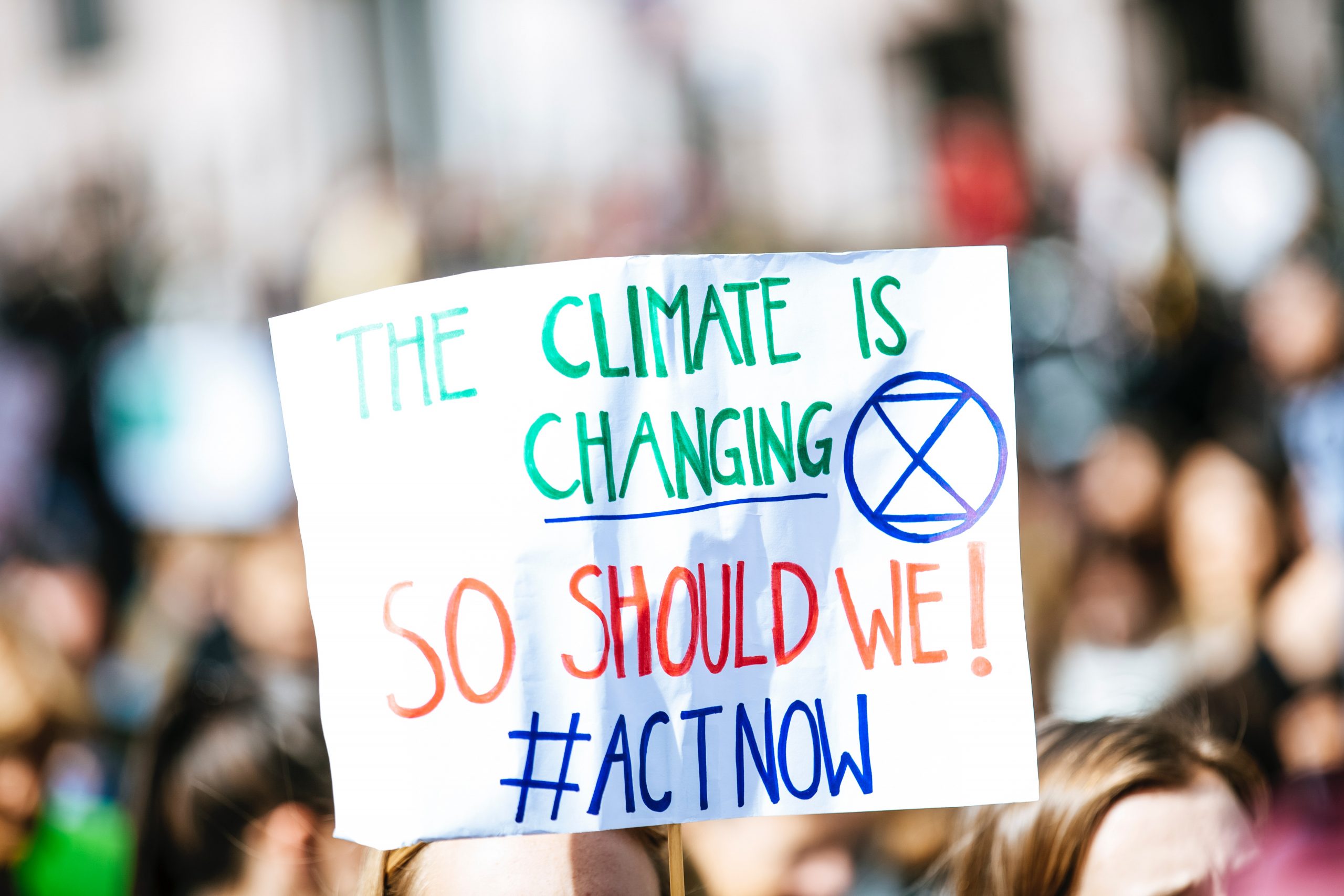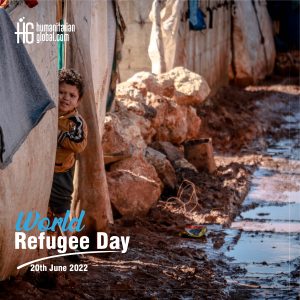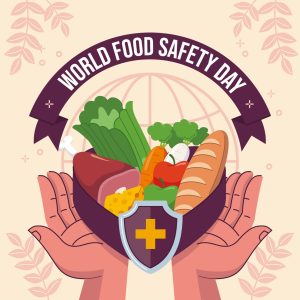Mali, which is among the poorest countries in the world, has for many years been wracked by conflict. The conditions are severe and the humanitarian situation in Mali is critical. Most of Mali is mainly desert or semi-desert, making it one of the 20 most vulnerable countries to climate change, according to the Notre Dame Global Adaptation Initiative (ND-Gain) Index. The Intergovernmental Panel on Climate Change forecasts a 3.3°C average temperature increase for West Africa between now and 2100, with northern Mali risking a 4.7°C rise over the same period.
Patrick Youssef, Africa’s regional director of the International Committee of the Red Cross (ICRC), stated that the world’s most vulnerable people (often living in conflict zones) are the least able to overcome the impact of climate change. New testimony from Mali exposed the threat climate risks have on conflict-stricken communities, a month before the U.N. Climate Change Conference, COP26. The International Committee of the Red Cross (ICRC) warns of the exacerbating dire situation due to the climate crisis that has people in the struggle for adaptation and recovery from repeated shocks of climate change. Since climate change often hits the poorest and the most vulnerable in the world, farmers and other communities are unable to cope with its impact.
As the people of Mali continue to struggle, the U.N. Climate Change Conference (COP26) calls on world leaders to act and agree concretely to bring climate action closest to those suffering in silence. Lake Faguibine which sits in northern Mali began to evaporate in the 1970s, after increasingly disastrous drought periods. The vast water and farming land irrigated by the River Niger flooding gradually got replaced by sand dunes. Today, its inhabitants have to make use of the three-month only rainy season from July to September, as temperatures reach 50°C the rest of the year.
Moreover, consequences have been dire for the six lakeside municipalities. Since fishing is long forgotten and agriculture and livestock activities have dropped, sand is enveloping homes in Mbouna, Bilal Bancor, and Bintagoungou villages. Viable land is becoming scarce, thus triggering regular disputes between livestock herders and farmers. Mahamadou Ousmane, a farmer in Mali stated that no day goes by without conflict between farmers and livestock herders, since there’s not much space and everyone wants a share of what there is, hence the tension. The residents are cutting down the last remaining trees, thus worsening dehydration and soil erosion. As it is the only way to survive, Alhousna Walet Alhassane, a lumberjack who is also a widow, has to fend for herself. She says that she is aware it’s destroying the environment, but if she doesn’t do it, how then will she buy food?
Since the lake dried up, the few remaining trees have been burned by the flammable gas seeping out of the ground which also leaves the soil unfit for agriculture. In the fields where the farmers used to grow food, the color of the soil has changed since the gas has burned it all, the trees too. Poverty has set in, and the younger generation is left with no choice but to leave the region and the villages whose economic survival and food security are in danger. Moussa Mahamadou Touré whose son moved to the capital, Bamako, says that the village is only functioning because of their brave children who have left (50-60% of the population has gone away). His son says that he moved to Bamako because before the lake dried up, his parents were farmers, but all through his childhood, there was drought. Now the ones who moved and are living in Bamako divide what they earn between themselves and their families in the North.
Before the lake dried up, the inhabitants of the surrounding area exported timber, fish, grain, and livestock to other parts of Mali, and to the neighboring countries which include Algeria, Mauritania, and Côte d’Ivoire. People bought motorbikes, textiles, spare parts, and household electrical appliances. For the remaining young people in the region, another danger looms; recruitment by armed groups. Since there is little work and the school in Bintagoungou is closed, the mayor, Hama Abacrene says that almost 400 students whose school is full of sand are now a lost generation condemned to flee or risk being recruited. The International Committee of the Red Cross (ICRC) has established a project in Bilal Bancor aimed at stabilizing 10 hectares (25 acres) of sand dunes. This is to block off the main route used by the sand to advance into the village. Over 100 people hailing from vulnerable households took part and got an opportunity to earn a daily wage for about 20 days.
![]()





